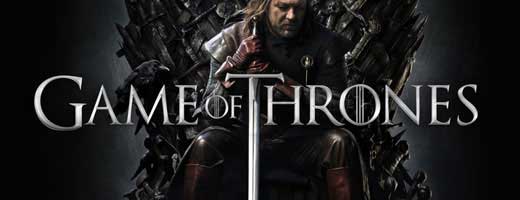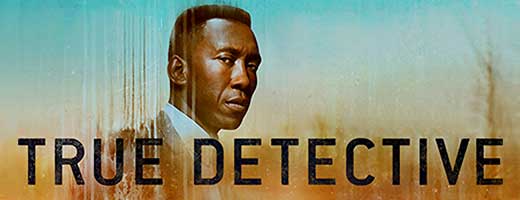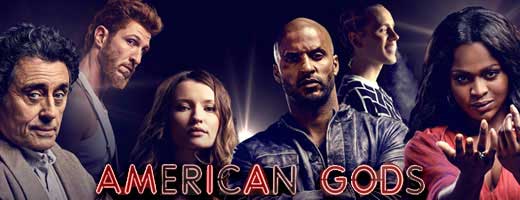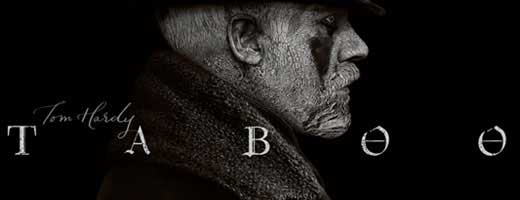Caleb’s Hamartia

Have a Theory? Share It Now!
Listening to last week’s Telegraph, I found myself having visions of wanting to be back in college putting down my gobletesk trophy full of beer to shout “NERDS!!!” at the top of my lungs. A las, I realized that is not who I am or who I was in school, so make room at Table 9 and let me share some of my deeper thoughts.
My days of studying great thinkers and classical philosophers saw its zenith when I took a course on Epistemology from my school’s Classics Department. The course was designed to explore what it truly meant to “know” something. We spent most of our time dissecting ‘Theaetetus’ and other teachings from Plato, Aristotle, and a myriad thinkers from antiquity.
Now, I do not name-drop these classical minds solely to broaden the perspective of the podcast and attempt to steer Ashley and listeners away from the onslaught of baguette loving French thinkers often discussed in the current Shat-o-sphere. No, I mention this because one of the major themes in my epistemological studies was the idea of characters creating a hamartia, or an error in thinking, when interacting with the predictive world. In many cases, a hamartia occurred when the individual thought he or she could change the outcome of a prophecy. A well known example of this tragic flaw can be seen when the Oracle tells Oedipus’s mother, Jocasta, that her son will one day kill her husband; therefore, the fear that the prophecy will be true leads Jocasta to abandon Oedipus for dead in hopes of escaping the prophecy. I won’t spoil the details of how it ends, but it turns out the oracle was correct. The hamartia occurs in that Jocasta believed fervently in the Oracle’s words being true yet she tried to avoid the prophecy by leaving her son to die. The logic falls apart because an individual cannot believe in the prophecy while also believing the prophecy can be avoided.
To bring this all back to WestWorld, I see Caleb as one of our characters committing a similar logical hamartia as Jocasta. I see Caleb believing in the “prophecy” that he will commit suicide in 10-12 years while also believing he can avoid his fate. Even if he doesn’t think it is predetermined, he sees and believes that the system is working to make its predictions true. Knowing the game is rigged and still fighting to change it is the same as believing in the prophecy and believing you can change it. I think part of Caleb’s weakness is that he is human and can be manipulated to contradict logic in such ways. In contrast, I think Dolores is consistent in her logic but uses Caleb’s humanity against him. She is manipulating him to meet her own ends knowing full well he will still fulfill his destiny of killing himself. Dolores is confident in her plan and her predictive system to achieve her endgame. In the same regard, I think Serac/Rehoboam are confident in its predictive system and continue to operate within it while fully knowing they won’t be able to change the outcome. The war is already lost.
I think Caleb’s real humanity is found when the show highlights his inconsistent logic and his unwillingness to submit to the inevitability. In contrast, this only magnifies the terrifying logic that algorithms will bring to the future of predictive analytics.
What are your thoughts? Was this nerdy enough for you all to let me sit at Table 9 or pledge Tri-Lamb? Keep up the great work!
Nick B
Subscribe Now
- Android: https://shatpod.com/tv/westworld-android
- Apple/iTunes: https://shatpod.com/tv/westworld-itunes
Help Support the Podcast
- Contact Us: https://www.shatpod.com/contact
- Commission Movie: https://www.shatpod.com/support
- Support with Paypal: https://www.shatpod.com/paypal
- Support With Venmo: https://www.shatpod.com/venmo
- Shop Merchandise: https://www.shatpod.com/shop
- Shop Amazon With Our Affiliate Link – https://www.amazon.com/?tag=shatmovies-20
- Theme Song – “The Ecstasy Of Gold” (Hip Hop Instrumental Version) by Dj 2 Bad
- Outro Music – By Simon Eric Haywood







1 Response
[…] on TV” listener Nick B. wrote to the Westworld Telegraph about the concept of hamartia, an error in thinking when interacting with the predictive world. Say […]